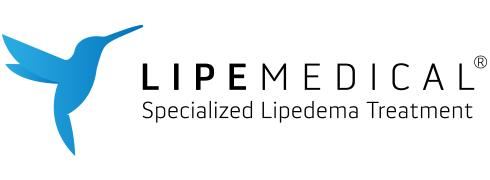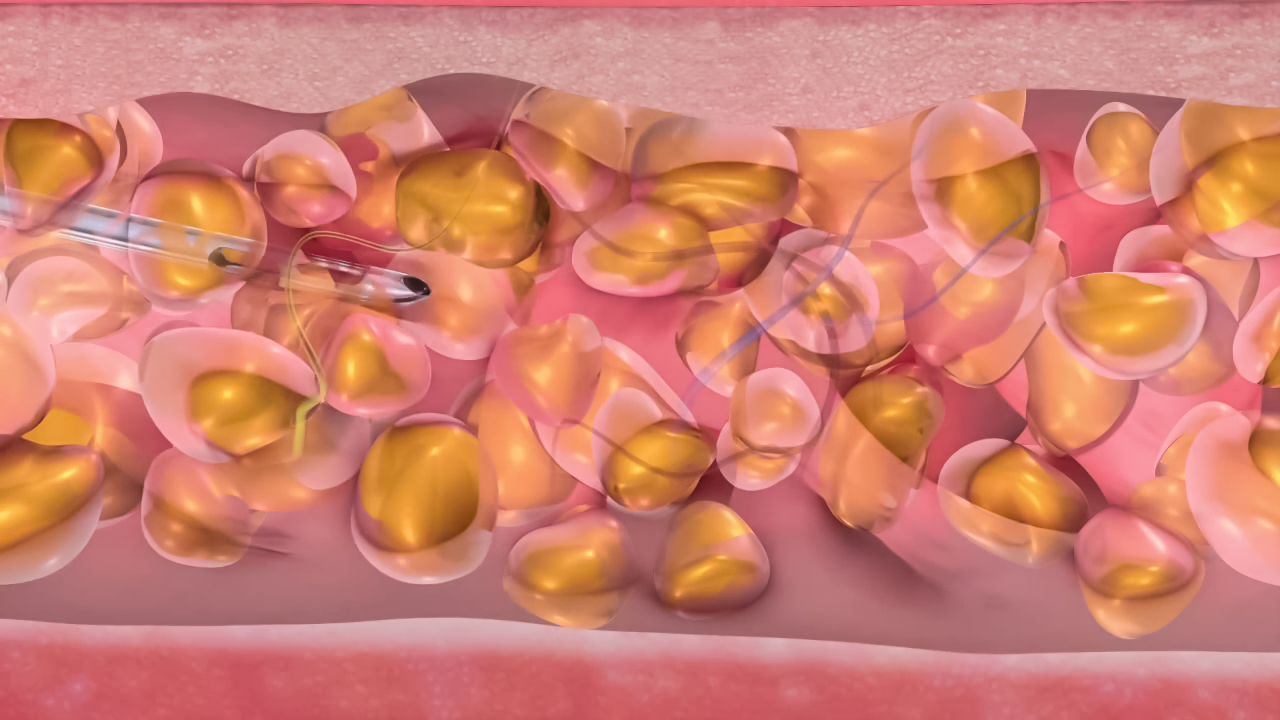WAL Technique
This type of liposuction is performed using a small cannula introduced through millimetric incisions that, while instilling powdered saline solutionthat releases the adipocytes from the surrounding tissue, it carries out a progressive aspiration of these affected adipose cells under manual control. Therefore it is a very delicate technique with blood vessels, connective tissue and especially with lymphatic vessels.
Advantages of WAL technique:
Lipemedical protocol for WAL liposuction for lipedema
In the first place, the patient must be evaluated in consultation to carefully assess the case, confirm the diagnosis of lipedema and rule out other causes of the symptomatology or the aesthetic alterations present. This evaluation can be in person or through videoconference(after having fullfilled a specific protocol for international patients).
Once the diagnosis is confirmed, it is necessary to evaluate if the patient is an adequate candidate for WAL liposuction surgery taking into account factors such as age, symptomatology, stage of lipedema, accompanying pathologies, etc. and ensure that she will obtain a clear benefit from it.
At that time, a treatment plan adapted to each patient is proposed, which includes both a surgical plan and conservative and dietary measures, aditionally pre-operative tests are requested as well as an assesment by the anesthesiology team; the patient should wear preoperative compression stockings for a while to adapt herself to its use and to begin to prepare/soften the fatty tissue.
On the day of the surgical intervention there is a brief re-evaluation prior to the operating room, objectives are reviewed jointly, last minute questions are resolved, and a preoperative marking of the areas to be treated is carried out.
WAL liposuction intervention lasts around 150-180 minutes, it requires several millimeter incisions and during the same extraction of the optimal fat volume is carried out adapting to each specific case; The patient then goes to the recovery unit for about 60 minutes and then returns to the room, usually one night of admission is necessary.
Upon discharge, specific postoperative indications are given for each case as well as recommendations for day-to-day life. Stitches can be removed in about 10-12 days after the operation. For follow-up an individualized postoperative plan is explained to every patient.
Likewise, a Venous Doppler Ultrasound of lower limbs is necessary to rule out the presence of varicose veins of importance.
Usualy it lasts between 2.5 – 3.5 hours, however it depends on each specific case.
Most often, the patient spends one night at the hospital ward and is discharged the day after her surgery.
It is recommended to wait 7-10 days after the operation to catch a plane (depending on the duration of the flight). Those patients who live in Portugal or south of France usually can travel by car / train.
The initial results of volume reduction can be observed from the first day, however in the first weeks the presence of postoperative edema is frequent, so the most consistent results can be observed after a month and a half. The final result is evaluated after the progressive recovery of the skin at 6-9 months.
It depends on each specific case and the extent of the affectation. Frequently, in full leg extension cases 2-3 operations are necessary to complete the treatment.
Absolutely not, surgical treatment of lipedema is a complex technique to learn and to perform correctly. Only surgeons with wide experience and lipedema-focused career path can perform this technique safely. Ask your surgeon if he has an official surgical qualification or on the contrary he calls himself an “aesthetic surgeon”, get detailed explanations about where he has been trained in lipedema treatment and specifically about his/her actual experience in WAL liposuction in cases of lipedema. Only trust experts in lipedema.


